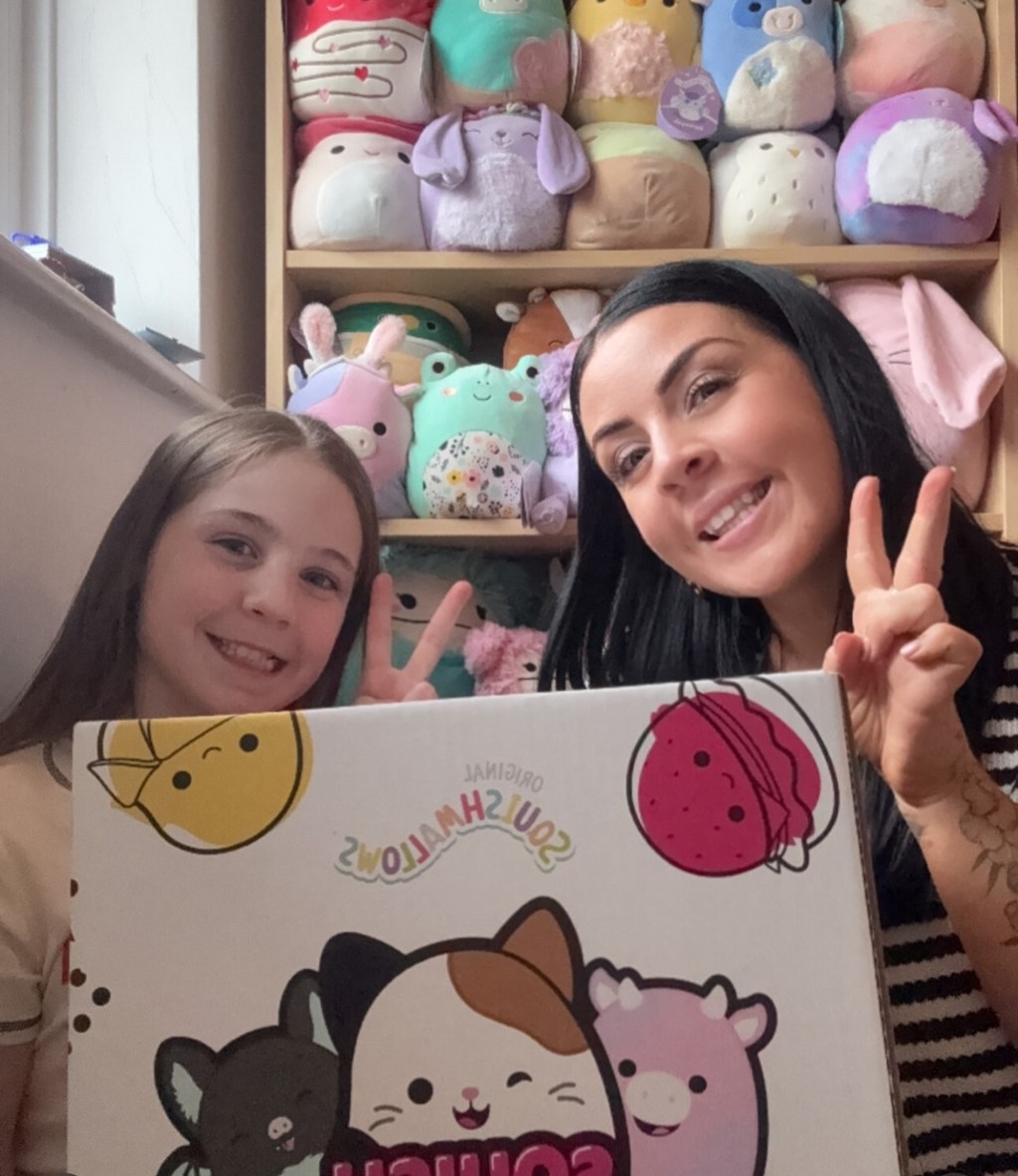Singer, actor and civil rights activist Harry Belafonte dies at 96
A star of the stage and screen, and the first artist of any genre to sell one million albums in a year, Harry Belafonte was a Hollywood icon, unafraid to stand up for what he believed in.

Harry Belafonte, the singer and actor who became a civil rights activist, has died at 96.
The Grammy, Emmy and Tony winning star died of congestive heart failure at his New York home on Tuesday, with his wife by his side, according to a spokesperson.
Reluctantly nicknamed "The King of Calypso", he was largely responsible for bringing Caribbean music to an international audience in the 1950s, and the first singer - in any genre -to sell a million records in a year.
His song Jump In The Line (Shake, Senora) had a recent resurgence, going viral on TikTok in 2020, and featuring in the 1988 film Beetlejuice, as did his signature song Banana Boat (Day-O).
One of the first black performers to gain a wide following on film, he starred in movies including Carmen Jones, Island in the Sun and Odds Against Tomorrow.
Just last year, he was inducted into the Rock & Roll Hall Of Fame, becoming the oldest person ever to receive the honour.
Alongside his sparkling Hollywood career, he was a committed activist, working closely with Martin Luther King Jr during the Civil Rights Movement of the 1950s and 1960s.
More recently, he reached out to younger black celebrities, scolding Jay Z and Beyonce for failing to meet their "social responsibilities," and mentoring stars including singer Usher, rapper Common and actor Danny Glover.
Fittingly, Belafonte made an apt cameo appearance in Spike Lee's Oscar winning 2018 film BlacKkKlansman, playing an elder statesman schooling young activists about America's past.
Paying tribute to Belafonte on Instagram, Lee wrote: "May God Have My Dear Friend Harry Belafonte At A Peaceful Rest. We Are Losing Our Giants Left And Right. We Have To Celebrate Our Elders While They Are With Us."
Born Harold George Bellanfanti Jr on 1 March, 1927, in Harlem, New York, he was sent to live with a grandmother in Jamaica aged five, where he stayed until he was bought home aged 13, at the start of World War II.
Joining the Navy after attending High School in New York, he served for almost two years as a munitions loader before being honourably discharged.
On his return to New York, he worked as a caretaker, and after being gifted a theatre ticket in return for some repairs, fell in love with the theatre.
He went on to train as an actor with the Dramatic Workshop of the New School of Social Research, with classmates including Marlon Brando, Walter Matthau, Bea Arthur, Rod Steiger and Tony Curtis.
Harry Belafonte, left, and Sidney Poitier pose in the audience at the 43rd NAACP Image Awards on Friday, Feb. 17, 2012, in Los Angeles. (AP Photo/Chris Pizzello)
Sidney Poitier, the first black actor to win an Oscar for best actor, went on to become a good friend, and Belafonte's work in both showbiz and politics would lead to friendships with friendships with people including Frank Sinatra, Eleanor Roosevelt and Fidel Castro.
Also a lover of jazz, he performed at clubs including the Blue Note and the Vanguard, and was backed for one performance by Charlie Parker and Max Roach.
Belafonte's first Broadway appearance in 1954 won him a Tony Award for his starring role in John Murray Anderson's Almanac.
Five years later, he became the first black performer to win an Emmy for his TV special Tonight with Harry Belafonte.
Appointed by President John F Kennedy, he served for five years in the Peace Corps, and decades later went on to become a goodwill ambassador for UNICEF.
Although he later became disillusioned with acting, he won numerous awards during his career, including the motion picture academy's Jean Hersholt Humanitarian Award, a National Medal of Arts, and a Grammy for lifetime achievement.
He wrote later, in his 2011 memoir My Song, that winning a New York Film Critics Award in 1996 for his work as a gangster in Robert Altman's Kansas City was one of his proudest career achievements.
Married three times, he had four children, with three of them going on to become actors.
Belafonte leaves behind his wife, photographer Pamela Frank; his children Adrienne Belafonte Biesemeyer, Shari Belafonte, Gina Belafonte and David Belafonte; two stepchildren, Sarah Frank and Lindsey Frank; and eight grandchildren.
-sky news







